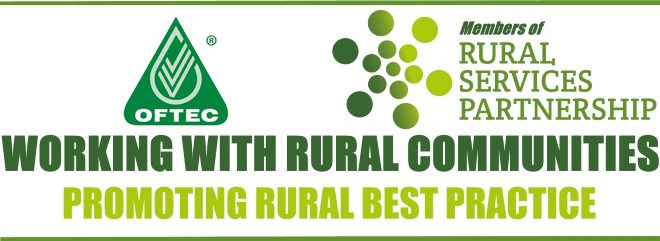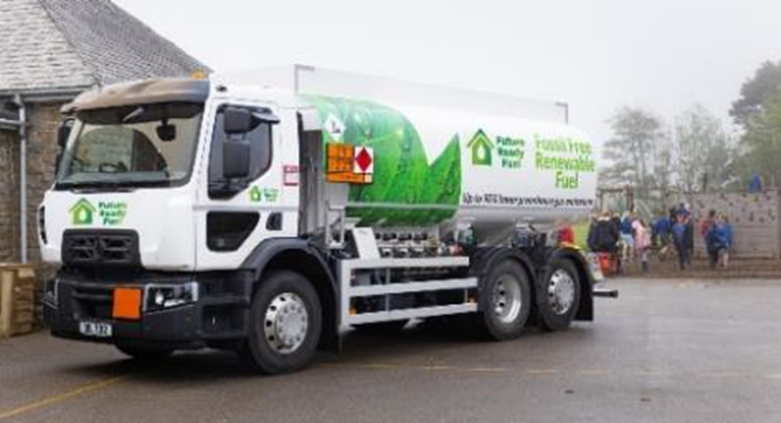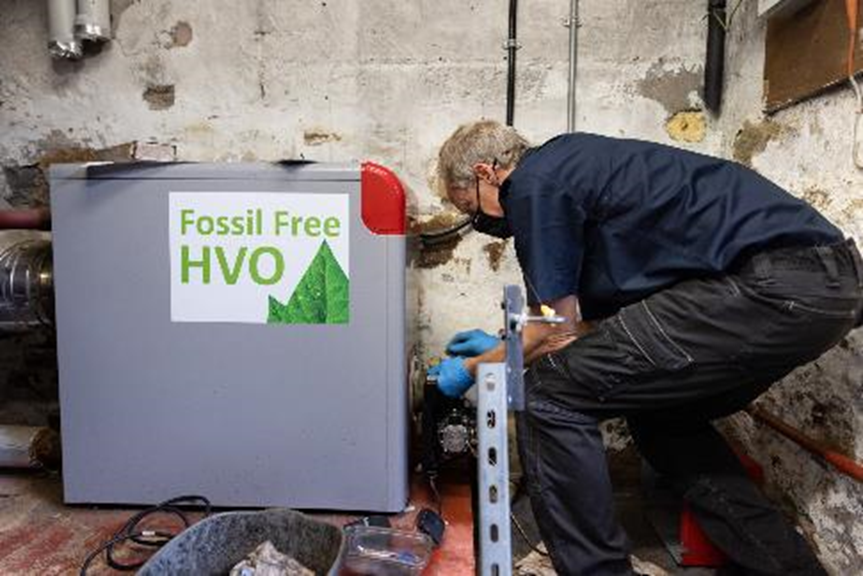T: 01822 851370 E: [email protected]
Visit RSN Survey about life in rural England to find out more.
In the drive towards low carbon heating rural communities are firmly in the spotlight

It’s been a rollercoaster few years with unexpected twists and turns, from the pandemic, war in Ukraine to the cost of living crisis. Whilst we might be hoping for a brief respite, there’s another challenge which remains firmly on the table.
A renewed focus on tackling climate change and reducing carbon emissions is expected as we await the publication of the government’s response to its decarbonisation proposals for homes and businesses off the gas grid. What does this mean for rural communities? Here’s what you need to know.
Rural communities are front and centre in government policy
The government’s approach for off-grid (areas not connected to the gas grid) was set out in its Heat and Buildings Strategy. It proposed ending the installation of fossil fuel heating systems from 2026 in domestic and small non-domestic properties, and from 2024 in large commercial premises. In most cases, homes and businesses will be expected to switch to a heat pump if they replace their boiler.
Heat pumps certainly have an important role in delivering greener heating. For suitable properties, they are an effective means of reducing carbon emissions. It’s also an opportunity to boost the rural economy with a new market for installers and manufacturers.
Through our network of training centres, OFTEC is supporting the rollout of heat pumps with new courses to train technicians. The government also recently announced a new Heat Pump Training Grant in England which will provide trainees with a discount of up to £500.
We must focus on the best outcomes for rural communities and businesses
It’s also important to recognise not all properties are suitable for a heat pump. This is particularly true in rural areas where buildings are often older, poorly insulated with lower energy efficiency. According to the government’s online calculator, a typical rural domestic property on oil heating could face costs of over £20,000 to transition to a heat pump and make all the required efficiency improvements.
For rural homes and businesses still recovering from a turbulent few years, this isn’t realistic or fair. Particularly as reports show rural communities have been more adversely affected by the cost of living crisis. So, how do we deliver on the urgent need to tackle climate change without letting the burden fall on homes, businesses or the government?
Choice and pragmatism must lead the way
OFTEC, working with industry partners, has delivered another solution. Oil heated homes and businesses not suited for a heat pump could instead switch to Hydrotreated Vegetable Oil (HVO). This renewable liquid fuel is a near drop-in replacement for kerosene which works in the existing system following a simple modification, which is expected to cost around £500.
HVO reduces carbon emissions by nearly 90% and provides a realistic solution to help rural communities play their part in going green. This isn’t hypothetical. It’s tried and tested. Around 150 properties have already made the switch and used the fuel for the past two years as part of a demonstration project we have been running.
The focus now is ensuring this is adopted in government policy. We’re urging rural homes and businesses to have their say and make sure their voices are represented.
Find out more and get involved at www.futurereadyfuel.info.

Caption: The renewable liquid fuel HVO is an ideal solution for hard to treat rural buildings

Caption: 150 rural buildings have switched to HVO as part of a demonstration project



